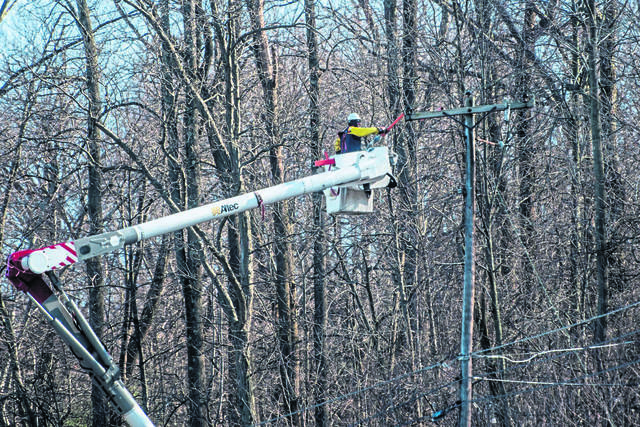How long can you put off bad news without making it worse?
Pennsylvania utility customers will have to find out eventually.
In March, the Public Utility Commission put a moratorium on shutoffs due to the coronavirus pandemic.
It made sense at the time. Gov. Tom Wolf was instituting lockdowns at the outset of the outbreak. Businesses were closing their doors and people were being told to stay home. Schools shut down. The state and federal governments both stuck a pin in evictions and foreclosures as unemployment numbers rocketed upwards.
So taking away the pressure of an electric bill or a gas payment from a family that had just lost its livelihood and yet was being forced to stay inside four walls at the tail end of winter or the cold wet start of spring was gracious and merciful.
How long can that go on though?
The PUC was supposed to meet Thursday to vote on the issue but pushed that back until Sept. 17. The four-person bipartisan commission has deadlocked on the issue twice already.
At this point, the inability to make a decision could hurt utility customers more than whatever decision is made.
Why? Because eventually the bill will have to be paid.
Even if a utility is municipal like a small local water company, it isn’t a charity and doesn’t have the ability to provide service without payment forever. And most utilities are not government owned. They are publicly owned companies that have shareholders, but more importantly, they have employees.
Without payment, that could mean a step taken because of unemployment could cause more unemployment, becoming a policy snake eating its own economic tail.
According to the Energy Association of Pennsylvania, customers owed their utilities $404 million as of June 30. On the same date in 2019, that number was $291 million.
But that’s why it has to end eventually on the corporate side. There’s a reason it has to stop for customers too.
Because the moratorium stopped shutoffs. It didn’t stop billing.
It can be hard to recover from even one extra bill tacked onto a total. The longer the moratorium goes, the easier it will be for cash-strapped families to prioritize things that are important today — like food or filling the gas tank — over a bill for a service that won’t be shut off.
As that happens, the balance grows and becomes a bigger bill that might not be threatening today but could become a heavy weight tomorrow.
Attorney General Josh Shapiro asked that if the moratorium is lifted, the commission require utilities to ease the way by doing things like waiving late fees and offering flexible payment plans that could help overcome an overwhelming bill.
That’s a great idea — one that someone should have thought of in March.
Because while no one knew exactly what would happen with the pandemic or the economic fallout, everyone should have realized from the beginning that every bill comes due eventually.








